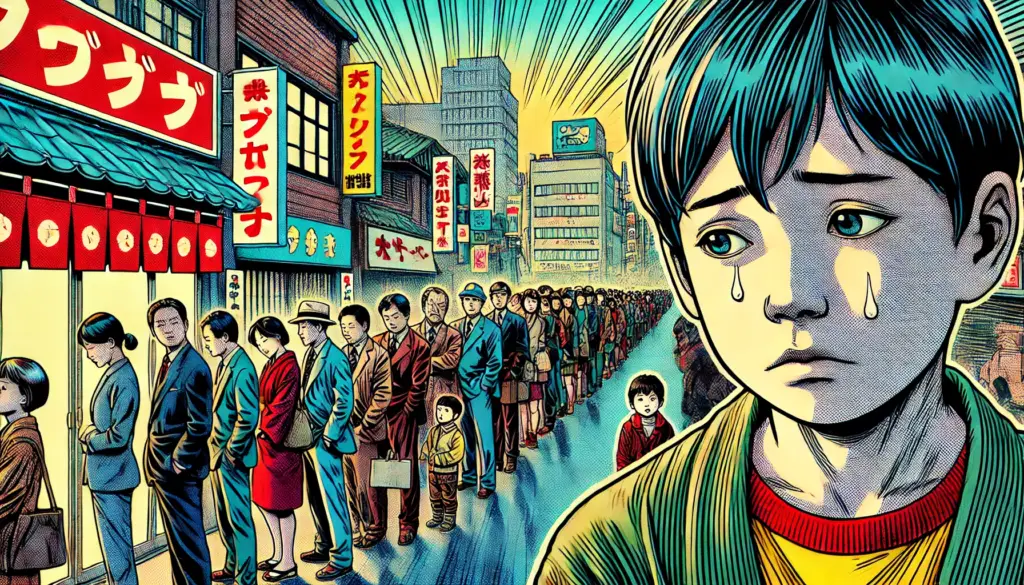
For decades, Pokémon has been a colorful, whimsical brand targeted primarily at children. The franchise’s appeal has been in its adorable creatures, engaging stories, and easy-to-learn games. Yet in recent years, Pokémon has transformed into a global collectible industry — one where limited-edition products can spark international bidding wars, and where adults dominate the buying frenzy.
The latest example comes from Japan: the August 2025 launch of McDonald’s Pokémon Happy Meal. What should have been a fun summer promotion for kids quickly became a nationwide “Happy Meal Battle” between families, hardcore collectors, and opportunistic resellers.
The Launch: Hype from Day One
On August 8, McDonald’s Japan began selling a limited-time Pokémon Happy Meal set, available for about three weeks. Customers could receive toys featuring Pikachu, Charmander, and other fan-favorite characters. But the real frenzy started when the company revealed a special weekend bonus: between August 9–11, each Happy Meal would include two exclusive Pokémon trading cards.
The timing was perfect for maximum hype — summer vacation, a long weekend, and the ever-growing popularity of Pokémon cards. Social media lit up with anticipation:
“I’m lining up at 5 a.m. for my cards.”
“Tomorrow’s going to be insane from opening time.”
“I’m not a morning person, but I’ll do it for Pokémon cards.”
The result? Crowds at dawn, jammed parking lots, and lines stretching out the doors. By mid-morning, some stores had already run out of the special cards.
Reseller Culture Hits Fast
McDonald’s anticipated the risk of scalping and partnered with Japanese flea market platform Mercari to fight back. The plan:
- Share official product images and release details with Mercari.
- Flag and remove listings suspected of resale for profit.
However, within half a day of the launch, Mercari was flooded with Pokémon Happy Meal items. Some bundles reached nearly ¥6,000 (around $40 USD), far above the cost of the actual meals.
Even more surprising, Chinese e-commerce sites listed the limited-edition Pokémon cards before they were available in Japan — priced at about ¥2,000 each — with sellers promising bulk orders and quick delivery.
The “Meal Proxy” Phenomenon
One of the strangest developments emerged on Chinese social media: “meal proxy” services. In these posts, people offered to pay local Japanese residents to physically eat the Happy Meals on their behalf so that the buyers could collect the cards.
“Looking for someone in Sapporo to eat Happy Meals for me. I’ll cover the cost.”
In other words, the food was an afterthought. The true goal was securing as many cards as possible without the logistical problem of eating dozens of burgers.
McDonald’s Tries to Control the Chaos
Faced with overwhelming demand, McDonald’s Japan implemented strict measures:
- Limit of 5 Happy Meals per person during the promotion weekend.
- Requests to avoid buying for resale or ordering more food than could be consumed.
- Advising customers not to call stores about stock availability.
Despite these efforts, reports came in of cards selling out within hours at multiple locations. Some stores simply stopped distributing the cards altogether once stock ran dry.
Why Pokémon Promotions Are No Longer Just for Kids
The shift from children’s product to adult-driven collectible isn’t accidental. Pokémon cards, in particular, have become a serious investment market. Rare and graded cards can fetch thousands of dollars at auction. For many adults — especially those with disposable income — these promotions are less about nostalgia and more about opportunity.
Key factors fueling adult dominance:
- Disposable Income – Adults can buy in bulk without financial strain.
- Market Knowledge – Resellers know which cards or toys are likely to appreciate in value.
- Speed and Mobility – Adults can queue early or visit multiple stores in a single day.
- Online Platforms – Instant resale on sites like Mercari and eBay fuels quick profit cycles.
For children, this means fewer chances to get the items they love, as the most sought-after goods are often in adult hands before kids even arrive.
The Broader Problem: Manufactured Scarcity
The Happy Meal craze is part of a broader trend in modern marketing: manufactured scarcity. Brands intentionally produce limited runs to drive urgency, media coverage, and viral buzz. While this boosts short-term sales, it can alienate the intended audience when products end up in the resale market at inflated prices.
In the case of McDonald’s Pokémon cards, the scarcity wasn’t entirely artificial — stock is finite, after all — but the combination of hype and limited distribution ensured a rapid sell-out. Resellers then amplified the scarcity by hoarding stock.
Possible Solutions to Protect Kids’ Access
If companies genuinely want promotions like these to reach children, they may need to consider new strategies:
- Daily purchase limits spread across the campaign period, preventing early sell-outs.
- Proof-of-age eligibility for certain collectible bonuses.
- Reservation systems where customers can secure items in advance without lining up for hours.
- Reprints of popular items to reduce resale value and discourage scalping.
Of course, these measures require logistical changes and may reduce the “hype” factor — something many brands rely on for free publicity.
Conclusion: A Happy Meal for Adults?
The Pokémon Happy Meal promotion was marketed as a fun, family-friendly event, but the reality was a highly competitive rush dominated by adult collectors and resellers. What should have been a joyful experience for children turned into a miniature version of the high-stakes collectible market.
Until brands like McDonald’s adapt their strategies, these promotions will likely remain in the hands of those best equipped to exploit them — leaving kids, ironically, without the very items designed to make them smile.



















































